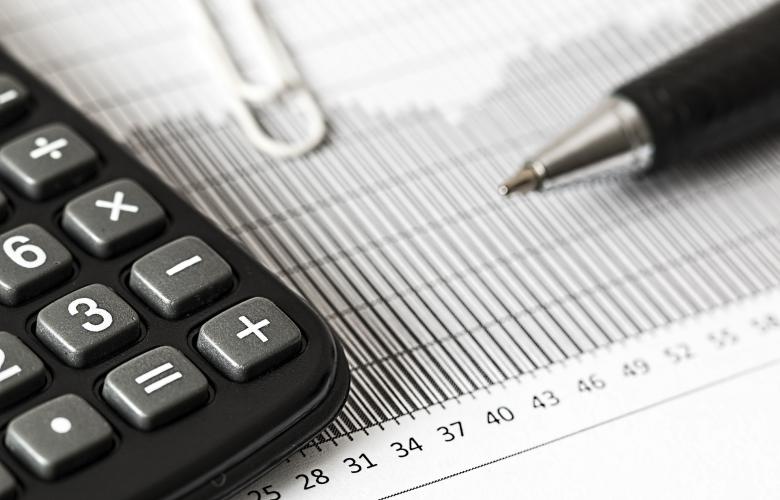How do I work out how much is my business worth?
Contact
How do I work out how much is my business worth?
Valuing your business can be a complicated process
This article is intended as a preliminary guide only and refers to some but not all elements required to consider in detail prior to starting any property dealings or due diligence. Property dealings are often complex, especially in foreign countries and we highly recommend you seek independent professional advice... read more...
Estimating how much your business is worth takes time, but is a worthwhile undertaking, particularly if you want to sell. The process may include calculating the value of any assets, estimating future profits and working out how much the goodwill you have established.
A business advisor, solicitor, accountant or business broker will be able to provide personalised assistance and advice on valuing your business. But if you can’t afford a professional, consider asking friends or family with bookkeeping or business experience.
You will need a range of business information to properly value your business. In particular, you will need financial statements and details of any assets such as property or equipment; registration and legal paperwork; sales and customer information; employee details; and supplier information. Information about the market you are in and any competitors can also be useful.
Potential buyers may want to value your business independently, so it’s a good idea to have your business documents organised and up to date.
There are a number of methods you can use to estimate a value for your business. Your chosen valuation methodology will have to be agreed by any potential buyer. Your business advisor, solicitor, accountant or business broker can advise the best methods for your specific industry.
Some examples of ways to value a business include the return on investment (ROI) method, which uses your business' net profit to work out the value of your business using mathematical formulas; using your business assets to calculate the value; working out the cost of starting the business from scratch; and estimating the future value of the business. You may want to use a combination of these methods.
If you are valuing your assets, remember to include both physical assets, such as equipment and tools, as well as ‘intangible’ assets like brand, intellectual property and business goodwill, which can include customer loyalty and reputation.
Online resources are available to help you increase your financial literacy, often free or low-cost, such as the Australian Securities and Investments Commission’s MoneySmart course.
This article and the above linked articles are not complete and are intended as preliminary guides only. These guides refer to some elements to consider prior to starting any property dealings or due diligence. Property dealings are often complex areas, especially in foreign countries and we highly recommend you seek independent professional advice... read more...




